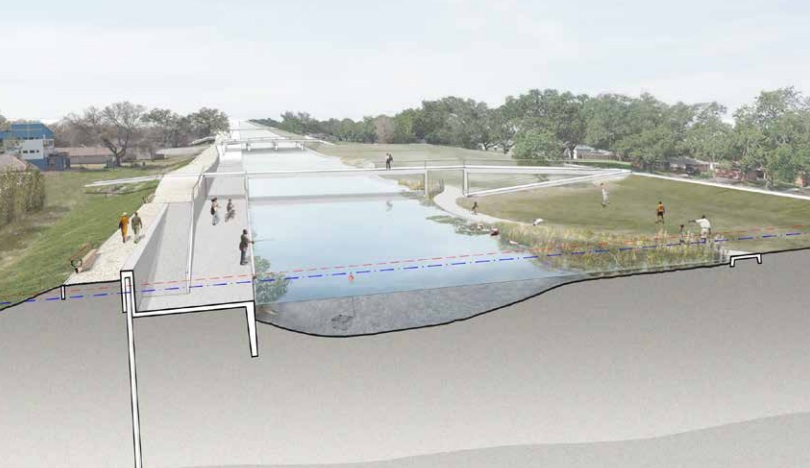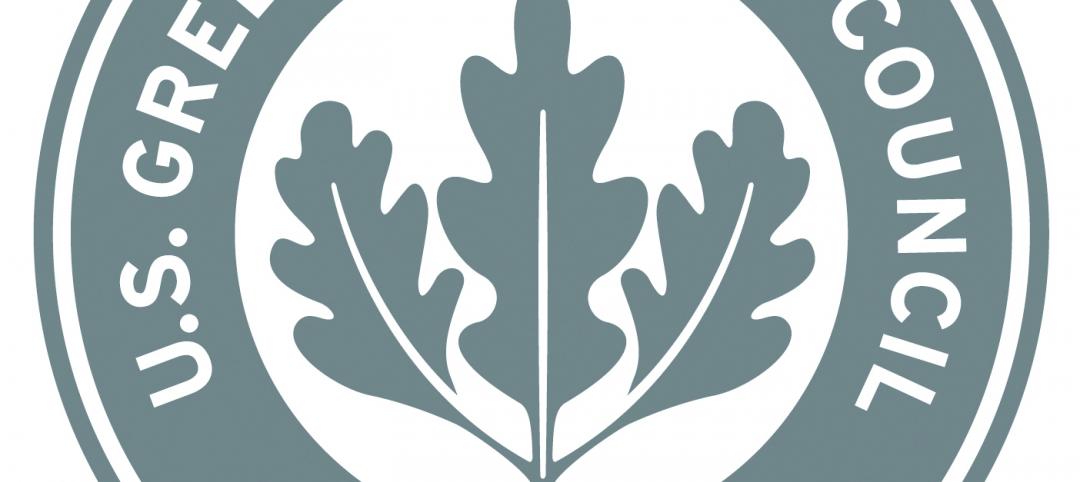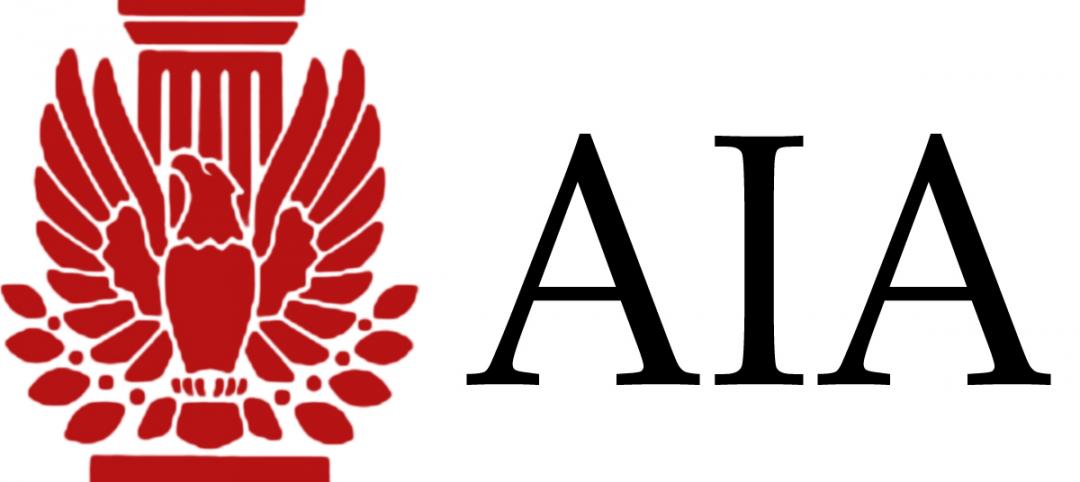Cities around the world are crafting stormwater management policies that include natural and manmade methods to store and absorb runoff to reduce flooding.
A prime example is Rotterdam in the Netherlands. The low-lying city created an urban park that features a giant holding tank with a capacity of 450,000 gallons. This “water plaza” public space makes use of the stormwater in cascading channels with pools and fountains. During dry times, the public can make use of a basketball court, skate park, and an amphitheater.
The city is also planning more water storage areas in unused parking lots. To trap stormwater before it hits the ground, every municipal building is topped by a green roof.
Dutch specialists have helped New Orleans draft its Living with Water plan for stormwater, which supplements the city’s system of levies and pumps with new water storage sites and natural infrastructure to help contain and filter floodwater. The 50-year program for upgrades and retrofits to stormwater management incorporates the principals used in the Netherlands.
(http://grist.org/cities/to-make-our-cities-green-we-have-to-think-blue/)
(http://livingwithwater.com/)
Related Stories
| Jan 4, 2013
Tilt-Up Concrete Association releases new temporary wind bracing guidelines
The Tilt-Up Concrete Association has released revised guidelines on Temporary Wind Bracing of Tilt-Up Concrete Panels During Construction.
| Jan 4, 2013
San Diego office tower to be America's biggest net-zero building
The 13-floor, 415,000 sf La Jolla Commons II office tower in San Diego will be the largest building in the U.S. built to the net-zero standard upon completion in 2014, according to real estate firm Hines.
| Jan 4, 2013
Manchester, England building achieves highest BREEAM rating in U.K.
One Angel Square in Manchester, England, is the highest scoring outstanding building for the Building Research Establishment Environmental Assessment Method (BREEAM) in the U.K.
| Dec 27, 2012
Pentagon eases leasing standards established in 9/11 aftermath
The Pentagon has eliminated the stringent real estate leasing standards it put into place following the Sept. 11, 2001, terrorist attacks, reverting back to a version widely used by federal civilian agencies.
| Dec 27, 2012
Google provides USGBC with $3 million grant to transform building materials industry and indoor health
Google has contributed a $3 million grant to the U.S. Green Building Council (USGBC) to help transform the building materials industry and accelerate the creation of healthier indoor environments.
| Dec 27, 2012
Former industrial French city reshapes itself according to ambitious green standards
Nantes has a strong commitment to address challenges such as urban sprawl and carbon dioxide emissions.
| Dec 27, 2012
New York City law tracking building energy use yields surprises
A legally mandated report that tracks the energy use of New York City's largest buildings provides details about which buildings are achieving higher-than-expected energy efficiency, such as the Chrysler and Empire State buildings, as well as those that are performing poorly.
| Dec 27, 2012
New Jersey considers green roof mandate for state buildings
The New Jersey legislature is considering a bill that would require installation of green or blue roofs on state buildings that are at least 15,000 sf.
| Dec 20, 2012
AIA’s Healthier Communities Through Design showcases local policy initiatives
The American Institute of Architects released Local Leaders: Healthier Communities Through Design, a report that demonstrates the power of architecture to improve public health with policies that promote active living, accessibility, transit options, and better indoor air quality.















